Former GM Exec Outlines the 'End of the Automobile Era'
Although semi-retired from the automotive industry, Bob Lutz still has his fingers in a lot of pies and continues to provide insight into the vehicular world as he sees it through veteran eyes.
Lutz provides unusually frank insight paired with borderline ludicrous sensationalism that’s too juicy to ignore. That doesn’t mean he’s wrong, especially since one of his more recent claims about the financial inviability of Tesla Motors has started to seem particularly astute. But a lot of his premonitions haven’t had the time necessary to come to pass, leaving us to speculate if he’s an automotive sage or just an old crank. He routinely weighs in on the industry to offer entertaining doomsday scenarios — and his newest one is the bleakest yet.
Writing for a five-part Automotive News series, called “Redesigning the Industry,” Lutz outlined the death of the car as we know it. The timeline for that? Under 20 years. What does it look like?
“The end state will be the fully autonomous module with no capability for the driver to exercise command. You will call for it, it will arrive at your location, you’ll get in, input your destination and go to the freeway,” Lutz wrote. “On the freeway, it will merge seamlessly into a stream of other modules traveling at 120, 150 mph. The speed doesn’t matter. You have a blending of rail-type with individual transportation.”
Lutz, the former vice chair of General Motors, suggested the transition will be similar to how the car killed off the horse. Only, you probably won’t own the autonomous cars of tomorrow. You’ll borrow them from companies like Uber or Lyft, leaving traditional manufacturers in the dust — eliminating the need for your garage.
“A minority of individuals may elect to have personalized modules sitting at home so they can leave their vacation stuff and the kids’ soccer gear in them,” he continued. “They’ll still want that convenience. The vehicles, however, will no longer be driven by humans because in 15 to 20 years — at the latest — human-driven vehicles will be legislated off the highways.”
“The tipping point will come when 20 to 30 percent of vehicles are fully autonomous. Countries will look at the accident statistics and figure out that human drivers are causing 99.9 percent of the accidents.”
SEE ALSO: Henrik Fisker and Bob Lutz Just Launched a New Car Company
From there Lutz claims there will be a grace period where you can bring in your old self-driving model and trade it in for an autonomous pod. He says styling will be irrelevant, since cars will enter the highway as part of an aerodynamic convoy, and performance models won’t exist — because you won’t be the one doing the driving. For the precious few that do opt to own their own “pod,” there will be various trim levels to choose from but powertrains will be standardized.
“In each size vehicle, you will be able to order different equipment levels,” Lutz said. “There will be basic modules, and there will be luxury modules that will have a refrigerator, a TV and computer terminals with full connectivity. There will be no limit to what you can cram into these things because drinking while driving or texting while driving will no longer be an issue.”
It’s all coming down, according to Lutz.
“…dealerships are ultimately doomed,” he said. “And I think Automotive News is doomed. Car and Driver is done; Road & Track is done. They are all facing a finite future. They’ll be replaced by a magazine called Battery and Module, read by the big fleets.”
“The era of the human-driven automobile, its repair facilities, its dealerships, the media surrounding it — all will be gone in 20 years.”
Here’s the problem with some of these assumptions: Firstly, established automakers are pressing forward with autonomous technology just as hard as the tech companies. It would be silly to assume businesses like Uber would be the only game in town in just 20 years. Secondly, people will want to have the option to drive — especially in America. The United States has grappled with the issue of gun control for decades because it’s your right to own one. It would be unreasonable to assume there wouldn’t be a similar backlash against outlawing traditional automobiles, delaying any laws that might remove them from the streets.
There is also a myriad of problems with how a fleet of self-driving cabs would facilitate the needs of people living in rural areas. Providers would be forced to leave gobs of autonomous vehicles milling around in the middle of nowhere, waiting for some farmer to hail them for a trip to the store. And that problem would be exacerbated the second one wanted to take their six-person family out to a restaurant on a whim and had to wait for a bigger vehicle. That’s incredibly inefficient in regard to both time and energy.
Lutz’s vision would mean an end to personal car ownership, dealerships, road trips, gas stations, millions of trucking jobs, and even parking lots, all because the government didn’t trust us not to kill each other on the road. It clearly isn’t what he wants; his writing is littered with loathing for the future he has envisioned. But I also don’t believe it will play out in the manner he has posited. It’s a little too extreme and one-dimensional. That said, I can see the push being made for all of this already. I just don’t see playing out quite so extreme or swift as Lutz does — and I’m interested in what you think.
A version of this story originally appeared on The Truth About Cars
More by Matt Posky



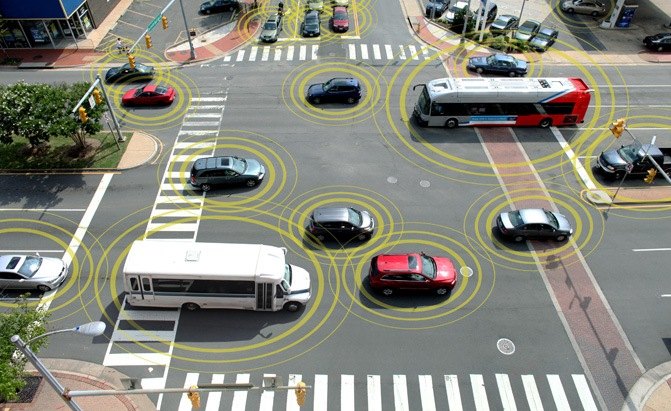












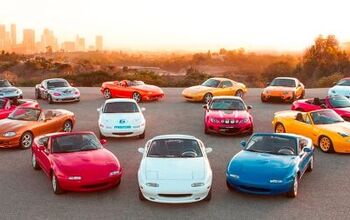
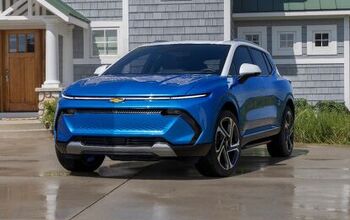

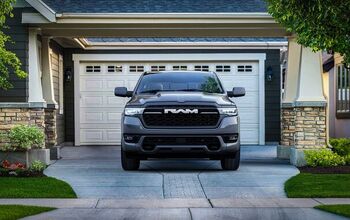
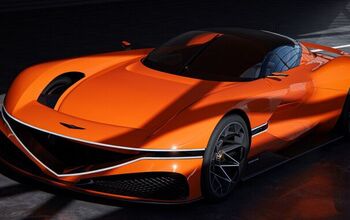

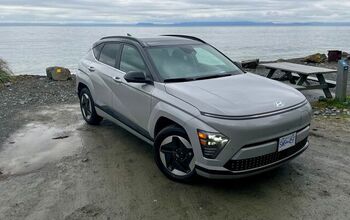
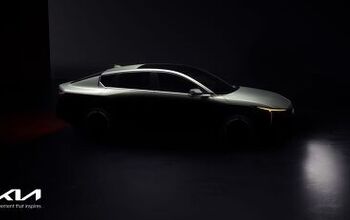
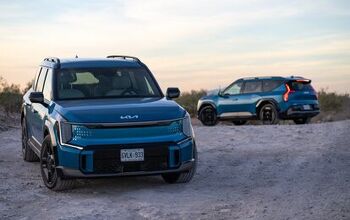

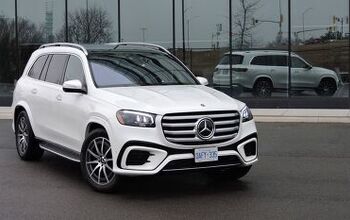


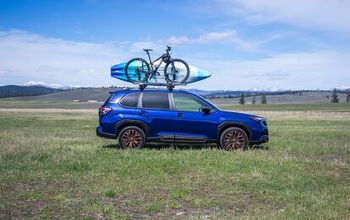
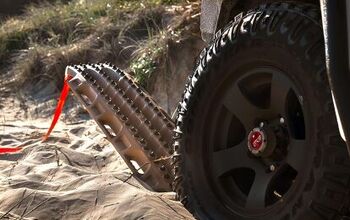
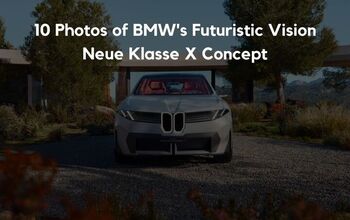
Comments
Join the conversation